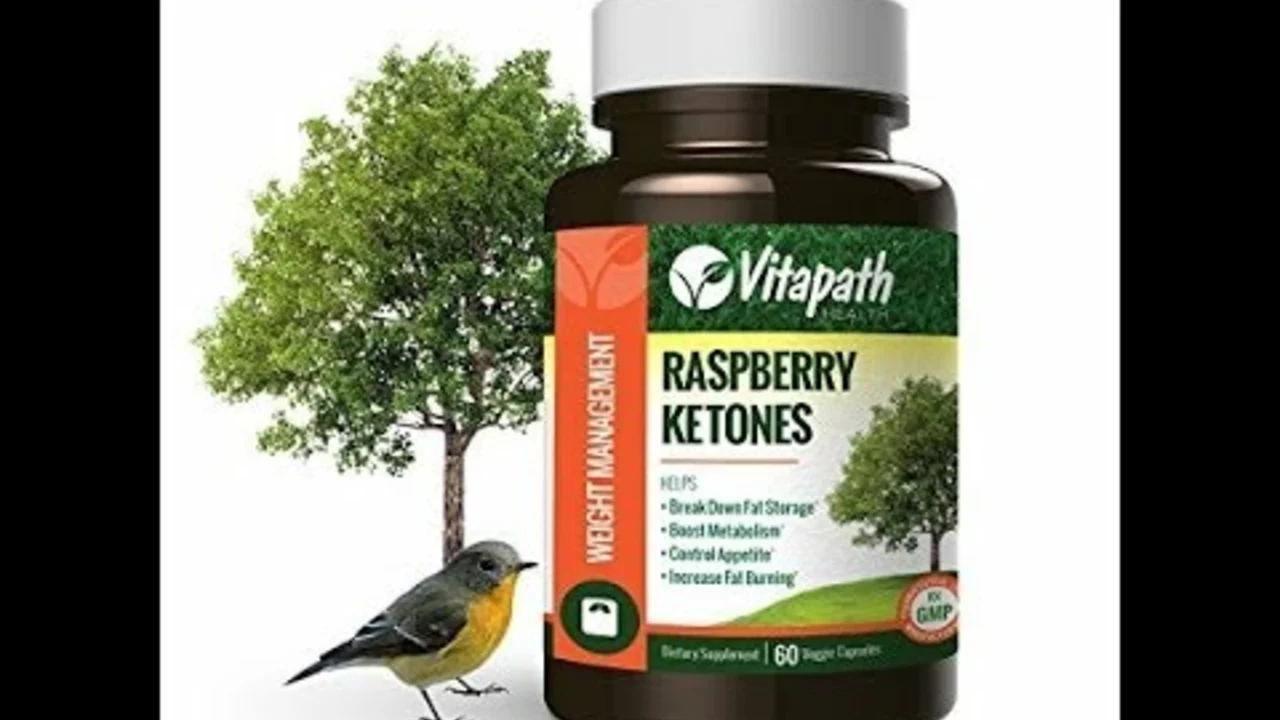Natural Supplements – What They Are and How to Use Them
If you’ve ever walked past a pharmacy aisle full of colorful bottles, you know natural supplements promise an easy health boost. But what exactly counts as a "natural" supplement, and are they worth your money? In plain terms, these are vitamins, minerals, herbs, or plant extracts that aren’t synthetically manufactured. They’re meant to fill gaps in your diet or support specific body functions without a prescription.
Before you pop the first capsule, ask yourself what you want out of a supplement. Want more energy? Look for B‑complex vitamins or adaptogenic herbs like rhodiola. Trying to improve joint comfort? Glucosamine and turmeric are popular choices. Knowing your goal helps narrow down the endless options on shelves and online stores.
Top Categories of Natural Supplements
Herbal extracts – Things like echinacea, ginkgo biloba, or milk thistle fall here. They’re often used for immune support, cognitive function, or liver health. Minerals and trace elements such as magnesium, zinc, or selenium play crucial roles in muscle function, immunity, and hormone balance. Protein powders and amino acids are staples for athletes looking to build muscle or recover faster; whey, pea protein, and BCAAs dominate this space. Finally, omega‑3 fatty acids from fish oil or algae provide heart‑friendly benefits and help reduce inflammation.
Each category has a handful of star products that consistently get good reviews. For example, turmeric with black pepper (piperine) boosts curcumin absorption dramatically—something you’ll see in many joint‑support formulas. Likewise, magnesium glycinate is praised for its gentle effect on the stomach compared to other forms.
Safety Tips When Buying Supplements
The supplement market isn’t as tightly regulated as prescription drugs, so a bit of homework goes a long way. First, check if the product has a third‑party seal from groups like NSF International or USP; those marks mean an independent lab verified the ingredients and potency.
Second, read the label for fillers, artificial colors, or added sugars—these can undermine the “natural” claim. If you have any health conditions or take prescription meds, run a quick check with your doctor or pharmacist. Some herbs, like St. John’s wort, can interact badly with antidepressants or birth control pills.
Third, start low and watch how your body reacts. Even natural compounds can cause side effects if taken in excess—too much magnesium might give you loose stools, while high doses of vitamin A can be toxic over time.
Lastly, buy from reputable retailers that provide clear contact info and easy return policies. If a price looks too good to be true, it probably is. Cheap imports sometimes skip quality checks, leaving you with sub‑potent or contaminated products.
Putting these steps together makes the supplement shopping experience less risky and more rewarding. Remember, supplements are meant to complement—not replace—a balanced diet rich in whole foods.
Bottom line: pick a specific health goal, choose a well‑studied ingredient, verify third‑party testing, and start with a modest dose. Follow those simple rules, and you’ll get the most out of natural supplements without unnecessary headaches.
